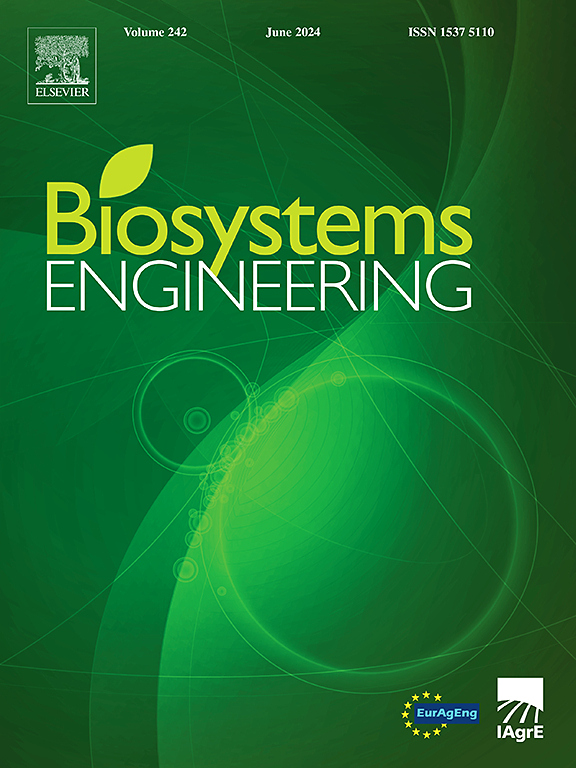电气化农业:为德国和撒哈拉以南非洲的小农开发经济上可行的电动拖拉机概念
IF 5.3
1区 农林科学
Q1 AGRICULTURAL ENGINEERING
引用次数: 0
摘要
农业的温室气体排放量占全球温室气体排放总量的四分之一,而拖拉机作为全球机械化进程的核心组成部分,通过燃烧化石燃料在其中发挥了重要作用。因此,向电动拖拉机(ETs)的过渡为减少化石燃料驱动的排放和转向可再生能源提供了一个重要的机会。然而,拖拉机的电气化最初会导致更高的成本,阻碍了新技术的广泛采用。因此,本研究提出了电动拖拉机整个生命周期的整体观点:我们通过与同等柴油拖拉机的比较分析来研究电动拖拉机的经济可行性。本文提出了一个专门设计的概念,涉及对总拥有成本(TCO)的全面自下而上的评估,提供可扩展的组件清单并利用现实世界的农业数据。本文对德国、埃塞俄比亚和卢旺达的不同农业情景进行了案例研究,结果表明,虽然碳排放交易系统的初始收购成本较高,但拟议的目的驱动型设计可以大幅降低运营成本,而且可再生能源的优惠电价可以显著节省长期成本。模型结果表明,通过政策和设计,电动拖拉机(ETs)在小农农业环境下可以成为传统柴油拖拉机的一种具有成本效益和可持续的替代品。本文章由计算机程序翻译,如有差异,请以英文原文为准。
Electrify agriculture: Developing an economically viable electric tractor concept for smallholder farming in Germany and Sub-Saharan Africa
Agriculture is responsible for up to a quarter of all greenhouse gas emissions, and tractors play a significant role in this through the combustion of fossil fuels, as they are the central component of the global mechanisation process. Hence, the transition to electric tractors (ETs) presents a significant opportunity for reducing fossil-driven emissions and switching to renewable sources. However, the electrification of tractors initially leads to higher costs, preventing widespread adoption of the new technology. Therefore, this study proposes a holistic view of the whole life cycle of electric tractors: We investigate the economic viability of electric tractors with a comparative analysis to equivalent diesel tractors. The paper presents a purpose-designed concept that involves a comprehensive bottom-up assessment of the total cost of ownership (TCO), providing a scalable component inventory and leveraging real-world agricultural data. Case studies are presented for different farming scenarios in Germany, Ethiopia, and Rwanda, revealing that while the initial acquisition costs of ETs are higher, the proposed purpose-driven design can lead to a substantial reduction in operational costs, and favourable electricity prices from renewable sources can lead to significant long-term savings. The model results demonstrate that with policy and design, electric tractors (ETs) can be a cost-effective and sustainable alternative to conventional diesel tractors in a smallholder farming context.
求助全文
通过发布文献求助,成功后即可免费获取论文全文。
去求助
来源期刊

Biosystems Engineering
农林科学-农业工程
CiteScore
10.60
自引率
7.80%
发文量
239
审稿时长
53 days
期刊介绍:
Biosystems Engineering publishes research in engineering and the physical sciences that represent advances in understanding or modelling of the performance of biological systems for sustainable developments in land use and the environment, agriculture and amenity, bioproduction processes and the food chain. The subject matter of the journal reflects the wide range and interdisciplinary nature of research in engineering for biological systems.
 求助内容:
求助内容: 应助结果提醒方式:
应助结果提醒方式:


